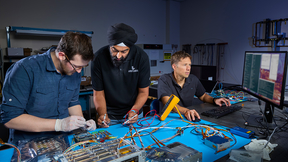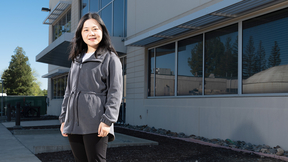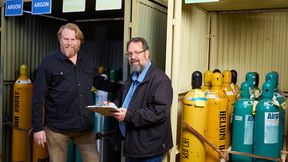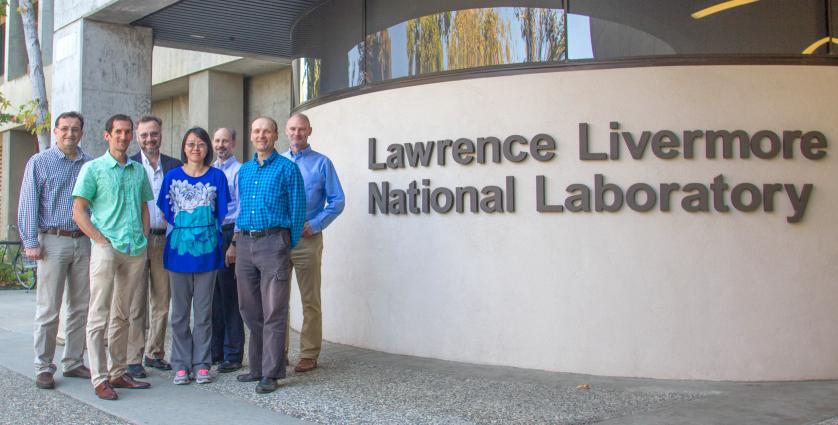Seven Lawrence Livermore researchers named 2015 fellows of the American Physical Society
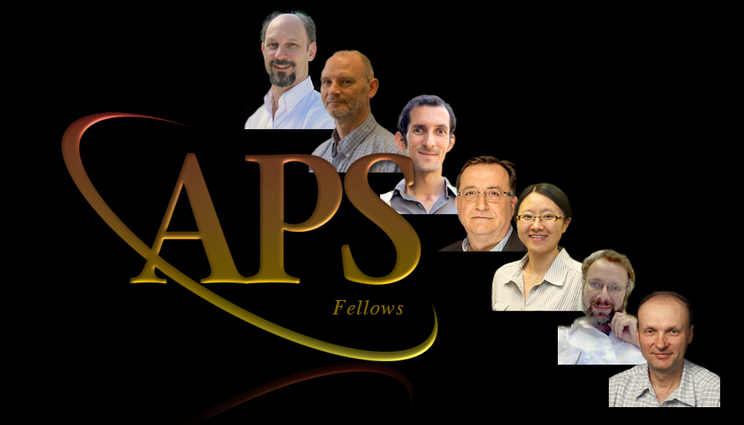 (Download Image)
Lawrence Livermore researchers (from top) Fred Streitz, Damian Swift, Pierre Michel, Stavros Demos, Yuan Ping, Lee Bernstein and Vladimir Smalyuk have been selected as 2015 fellows of the American Physical Society.
(Download Image)
Lawrence Livermore researchers (from top) Fred Streitz, Damian Swift, Pierre Michel, Stavros Demos, Yuan Ping, Lee Bernstein and Vladimir Smalyuk have been selected as 2015 fellows of the American Physical Society.
Seven Lawrence Livermore National Laboratory (LLNL) scientists have been selected as 2015 fellows of the American Physical Society (APS).
The new fellows represent a wide selection of physics expertise, ranging from laser-plasma interaction to optical techniques to computational condensed matter. APS fellowships are awarded after extensive review and are considered a distinct honor because the evaluation process, conducted by the fellowship committees of individual divisions, topical groups and forums, relies on nomination and recommendation by one's professional peers.
Lee Bernstein was cited by the Division of Nuclear Physics for "work developing novel methods of determining neutron-nucleus cross sections via high-resolution gamma-ray spectroscopy, the early development of surrogate ratio method and the study of nuclear processes in high energy density plasmas at NIF."
"LLNL has been a wonderful place to have ‘come of age’ as a scientist," Bernstein said. "I am extremely fortunate to have been able to collaborate with a cadre of talented and capable people on research that is both intellectually stimulating and that serves our nation. It’s as much of an honor to have been able to work with them as it is to be awarded this recognition."
Stavros Demos was cited by the Division of Atomic, Molecular & Optical Physics for "outstanding contributions using unique optical techniques to understand the relaxation dynamics of point defects and developing non-invasive biomedical photonics for rapid tissue assessment."
"It is a great honor to be recognized by my peers, but I strongly believe the credit belongs to my colleagues that I have had the privilege to work with, who have been my mentors, inspiring teammates and friends," Demos said. "As well as LLNL, for providing me with plenteous opportunities to satisfy my curiosity as means to contribute to the advancement of science and the society in general."
Pierre Michel was cited by the Division of Plasma Physics for "outstanding contributions to laser-plasma interaction physics and dynamic multi-laser beam physics, enabling symmetry control in indirectly driven inertial confinement fusion implosions."
"It is a great honor to receive this recognition from the APS," Michel said. "I am indebted to my friends and colleagues at LLNL for their invaluable support and their inspiring dedication and enthusiasm."
Yuan Ping was cited by the Division of Plasma Physics for "pioneering experiments exploring the nature, equilibration and use of nonequilibrium plasmas strongly driven by coherent and incoherent sources."
"I am deeply honored by the recognition," Ping said. "I’d like to thank Rip Collins, who made the nomination, and the many fantastic people at the Lab I am fortunate to work with. My research always involves lots of teamwork so the recognition goes to all my colleagues."
Vladimir Smalyuk was cited by the Division of Plasma Physics for "seminal contributions to the understanding of hydrodynamic instabilities in inertial confinement fusion using elegant experiments on Omega and NIF."
"It is a great honor to be recognized by my peers, and it is especially gratifying to share this recognition with many outstanding and dedicated scientists with whom I have been collaborating with at LLNL," Smalyuk said.
Fred Streitz was cited by the Division of Computational Physics for "important contributions to computational condensed matter physics and for leadership in extreme scale computation."
"To be elected an APS fellow by one's peers is truly a special honor," Streitz said. "I have had the good fortune over my career to collaborate with some of the most amazingly creative computational scientists on the planet – to count them among my colleagues is a privilege. This recognition is as much theirs, and serves as yet another testament to the intellectual environment at LLNL, which makes access to such excellence possible."
Damian Swift was cited by the Topical Group on Shock Compression of Condensed Matter for "wide-ranging contributions to shock- and ramp-wave compression experiments using laser, pulsed-power and explosive drivers, and for employing rigorous quantum and statistical mechanical principles to guide the formulation of theoretical solutions to experimental problems."
"I feel very honored to be named an APS fellow, and I deeply appreciate the support of my colleagues," Swift said. "National lab science has always been fascinating and challenging, and I have been particularly inspired by the world-leading research at LLNL in experimental and theoretical techniques to study material properties at high pressures."
Election to APS fellowship is limited to no more than one half of 1 percent of APS' membership for a given year. In the past 30 years, more than 100 LLNL scientists have been elected APS fellows.
Contact
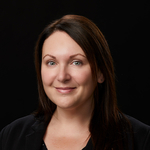 Breanna Bishop
Breanna Bishop
[email protected]
(925) 423-9802
Related Links
APSAPS Fellows
Tags
Physical and Life SciencesFeatured Articles
